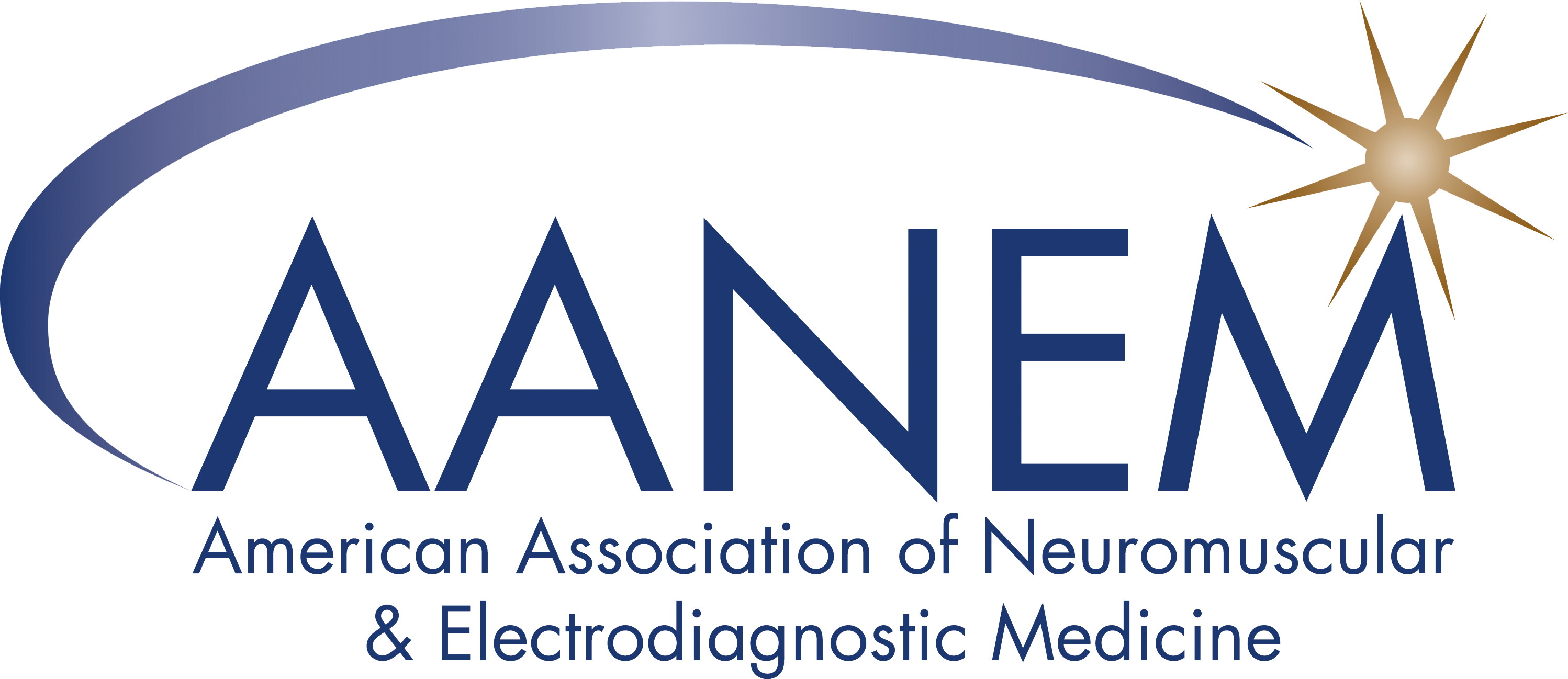Science News: Knowledge, Attitudes, and Beliefs of Oncology Trainees on Function and Cancer Rehabilitation Medicine
Published December 06, 2023
Science News
Submitted by: Oksana Sayko, MD
Edited by: Nandita Keole, MD
Citation: Molinares D, Parke S, Yadav R, Liu D, Williams J, Bruera E. Knowledge, attitudes, and beliefs of oncology trainees on function and cancer rehabilitation medicine. PM R. 2023;15(8):982-989. doi:10.1002/pmrj.12881
Summary: Enhancing functionality is linked to decreased morbidity and mortality among individuals living with cancer. Cancer rehabilitation medicine (CRM) emphasizes elevating functionality in this patient population. However, a notable impediment to patients availing themselves of CRM services lies in the insufficient number of referrals originating from oncology providers. Addressing this challenge necessitates an exploration of the perspectives held by oncology trainees. Unraveling their knowledge, attitudes, and beliefs concerning the significance of function and the role played by CRM is imperative. This understanding is pivotal in mitigating educational gaps and improving patients' access to rehabilitation services.
Despite this acknowledgment, a striking pattern emerged concerning referrals - the majority (more than 75%) admitted to referring fewer than a quarter of their patients to such services. This trend persisted even when respondents acknowledged the pivotal role of both CRM physicians and inpatient rehabilitation units in cancer care. Interestingly, participants with previous exposure to PM&R were markedly more inclined to consult PM&R services compared to their counterparts without PM&R exposure (p = .005). This suggests a potential correlation between familiarity with PM&R and increased likelihood of patient referrals to CRM services.
Furthermore, a notable 81% of oncology trainees expressed the belief that education in CRM should be an integral part of their oncology training. This underscores a recognized need for enhanced education in CRM within the oncology community.
Comments: Reaching functional independence is an important aspect of cancer patients’ recovery. Rehabilitation education should be included in oncology training programs.
